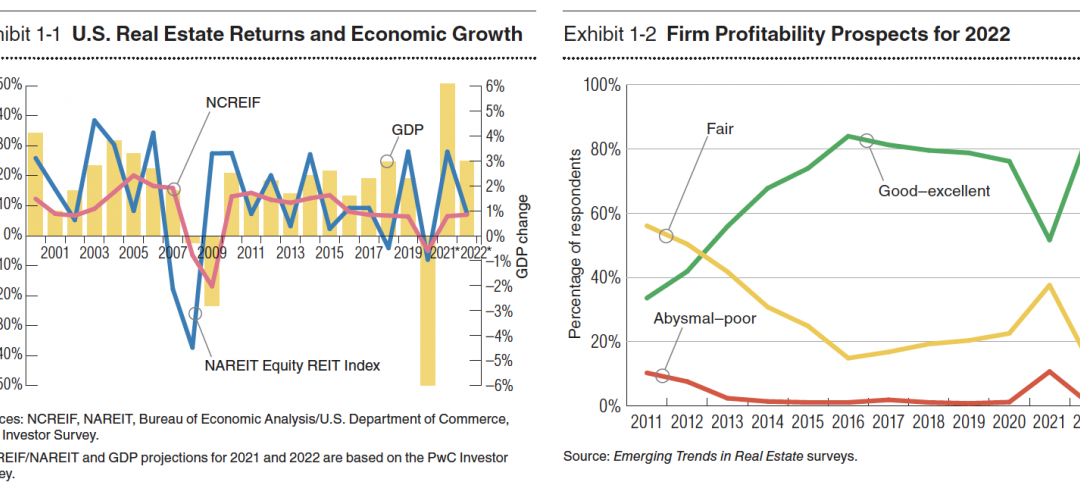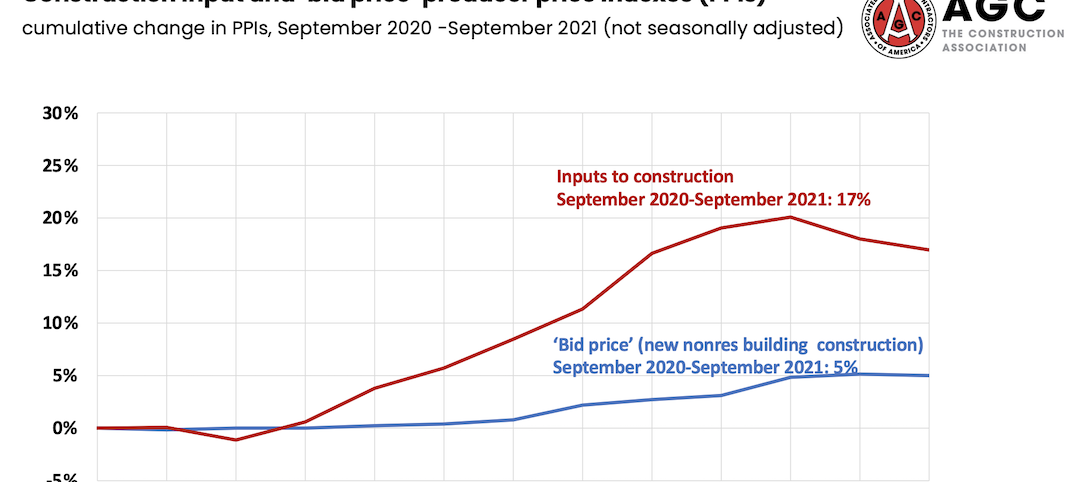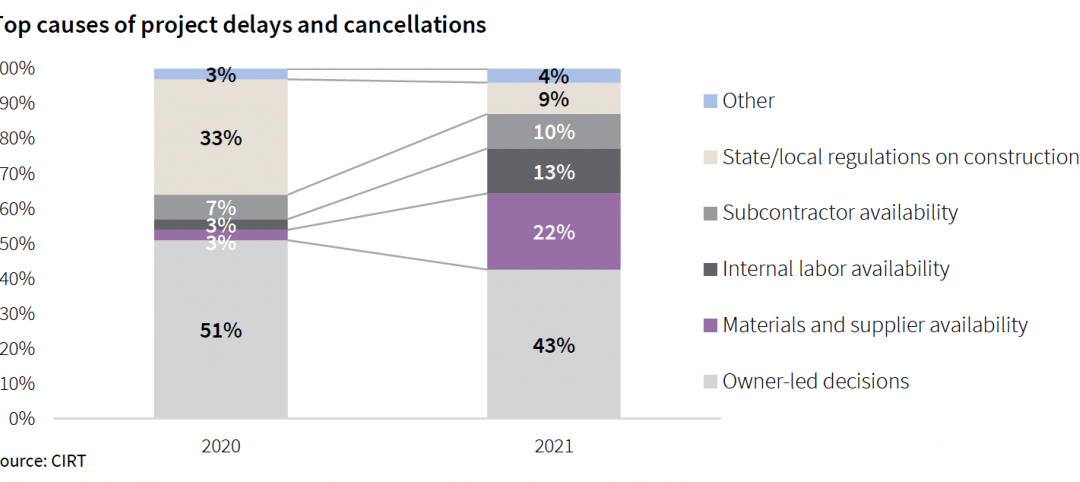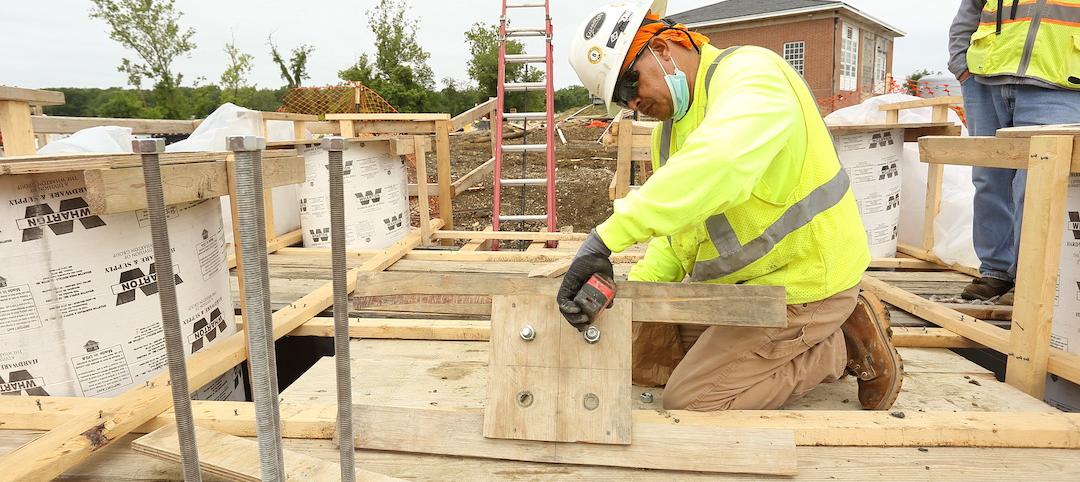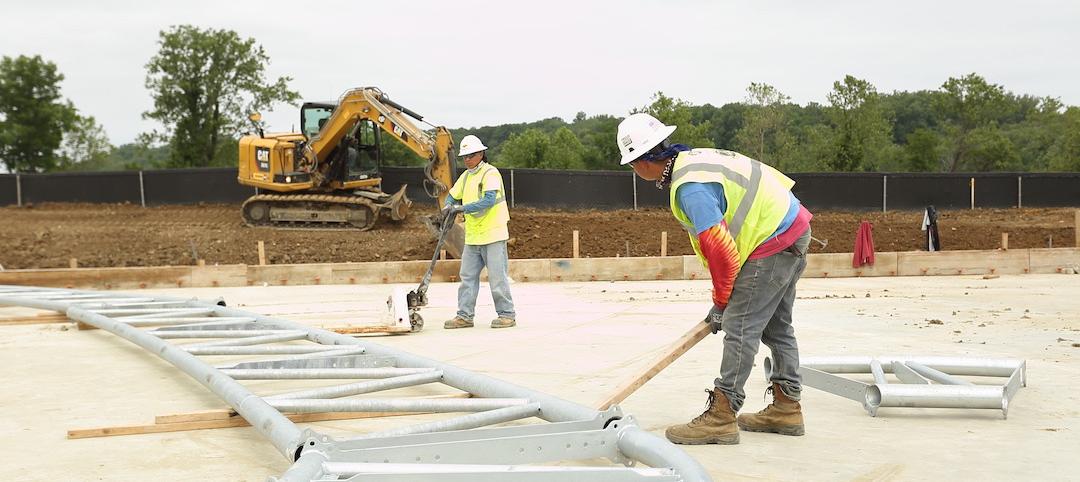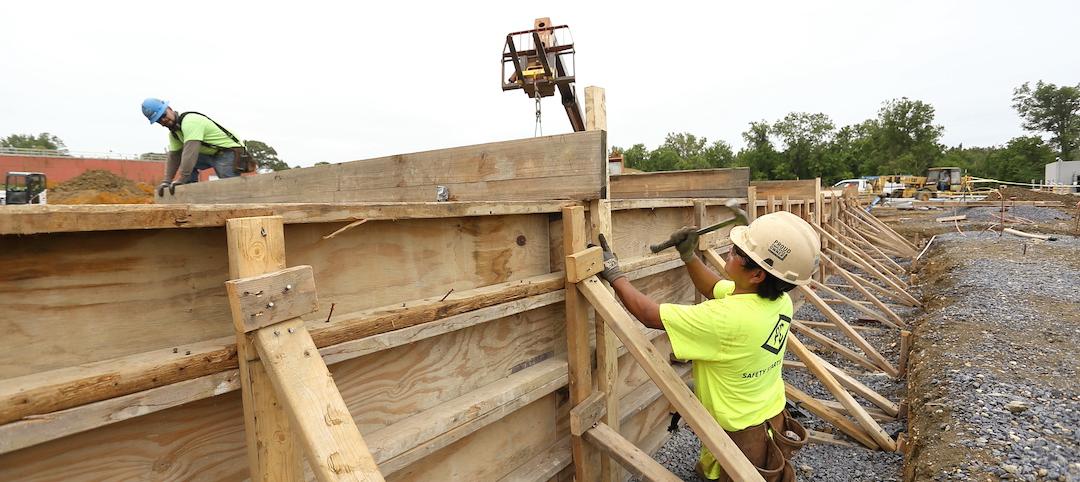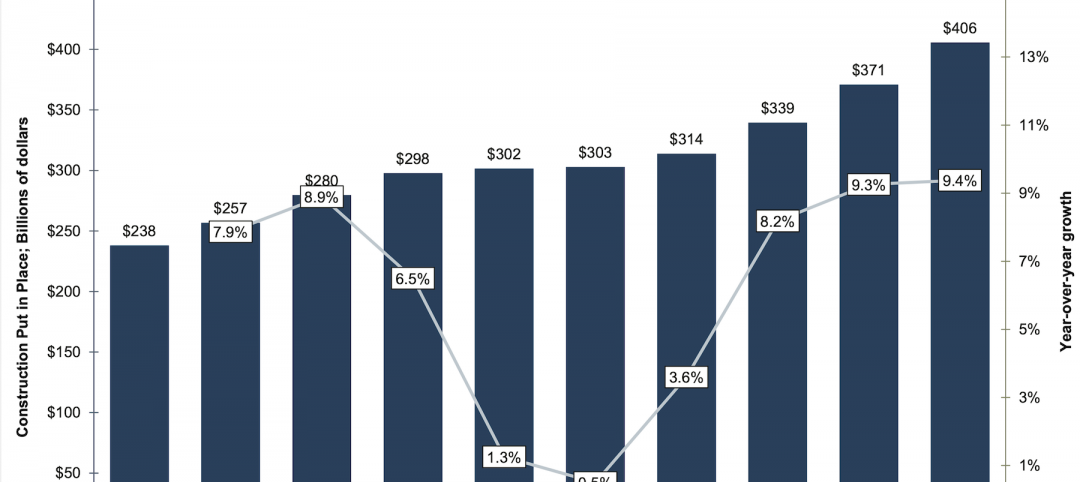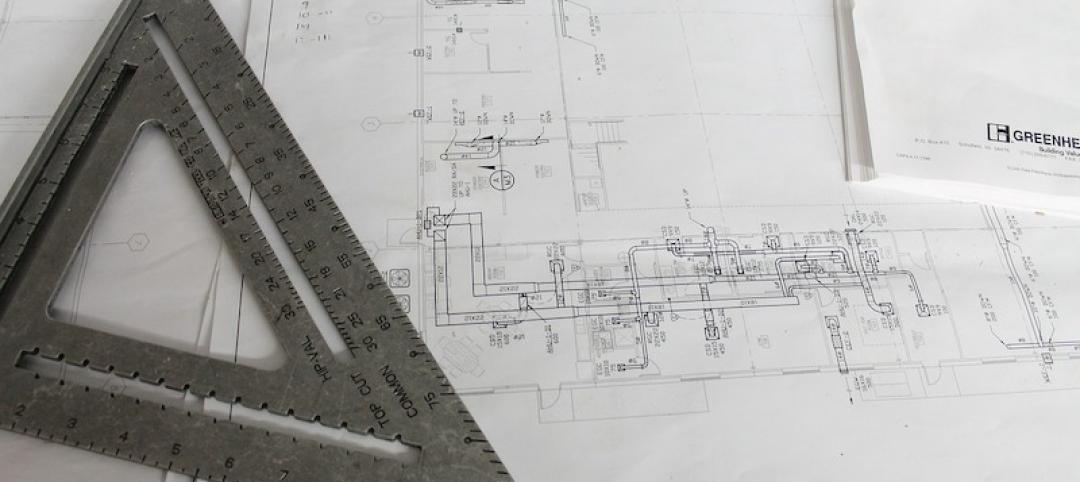Construction employment decreased from March 2020 to March 2021 in 203, or 57%, of the nation’s metro areas, according to an analysis by the Associated General Contractors of America of government employment data released today. Association officials said that the industry’s broader recovery in many parts of the country is being hampered by rising materials prices, supply chain disruptions and project cancellations.
“Nearly twice as many metros have lost construction jobs as gained them in the past 12 months, even though homebuilding has recovered strongly and the overall economy is in much better shape than it was a year ago,” said Ken Simonson, the association’s chief economist. “Nonresidential construction is still at risk of further declines in much of the country.”
Houston-The Woodlands-Sugar Land, Texas lost the largest number of construction jobs over the 12-month period (-31,000 jobs, -13%), followed by New York City (-24,000 jobs, -15%); Midland, Texas (-10,000 jobs, -26%); Odessa, Texas (-8,000 jobs, -39%); and Nassau County-Suffolk County, N.Y. ( 7,900 jobs, -10%). Odessa had the largest percentage decline, followed by Lake Charles, La. (-35%, -6,800 jobs); Midland; Longview, Texas (-24%, -3,600 jobs) and Greeley, Colo. (-21%, -4,100 jobs).
Only 104, or 29%, out of 358 metro areas added construction jobs during the past 12 months, while construction employment was stagnant in 51 metro areas. Seattle-Bellevue-Everett, Wash. added the most construction jobs over 12 months (5,300 jobs, 5%), followed by Indianapolis-Carmel-Anderson, Ind. (4,300 jobs, 8%); Austin-Round-Rock, Texas (4,000 jobs, 6%); Sacramento--Roseville--Arden-
Association officials said that construction firms were being squeezed by rapidly rising materials prices while they are unable to charge more for construction projects amid broader market uncertainties caused by the pandemic. They urged federal officials to ease tariffs on key construction materials – including steel and lumber – to address materials prices and to boost investments in infrastructure to boost demand.
“Construction employment is not going to rebound in many parts of the country while firms are struggling to afford the materials they need to complete existing projects,” said Stephen E. Sandherr, the association’s chief executive officer. “Once federal officials take immediate and effective steps to address both spiking prices and lagging demand, employment levels should rebound in more of the country.”
View the metro employment 12-month data, rankings, top 10, multi-division metros, and map.
Related Stories
Market Data | Oct 19, 2021
Demand for design services continues to increase
The Architecture Billings Index (ABI) score for September was 56.6.
Market Data | Oct 14, 2021
Climate-related risk could be a major headwind for real estate investment
A new trends report from PwC and ULI picks Nashville as the top metro for CRE prospects.
Market Data | Oct 14, 2021
Prices for construction materials continue to outstrip bid prices over 12 months
Construction officials renew push for immediate removal of tariffs on key construction materials.
Market Data | Oct 11, 2021
No decline in construction costs in sight
Construction cost gains are occurring at a time when nonresidential construction spending was down by 9.5 percent for the 12 months through July 2021.
Market Data | Oct 11, 2021
Nonresidential construction sector posts first job gain since March
Has yet to hit pre-pandemic levels amid supply chain disruptions and delays.
Market Data | Oct 4, 2021
Construction spending stalls between July and August
A decrease in nonresidential projects negates ongoing growth in residential work.
Market Data | Oct 1, 2021
Nonresidential construction spending dips in August
Spending declined on a monthly basis in 10 of the 16 nonresidential subcategories.
Market Data | Sep 29, 2021
One-third of metro areas lost construction jobs between August 2020 and 2021
Lawrence-Methuen Town-Salem, Mass. and San Diego-Carlsbad, Calif. top lists of metros with year-over-year employment increases.
Market Data | Sep 28, 2021
Design-Build projects should continue to take bigger shares of construction spending pie over next five years
FMI’s new study finds collaboration and creativity are major reasons why owners and AEC firms prefer this delivery method.
Market Data | Sep 22, 2021
Architecture billings continue to increase
The ABI score for August was 55.6, up from July’s score of 54.6.




